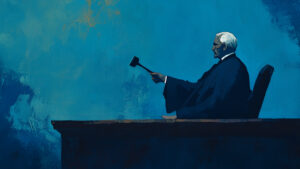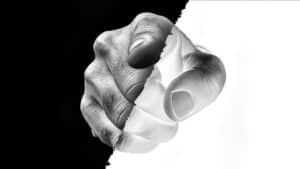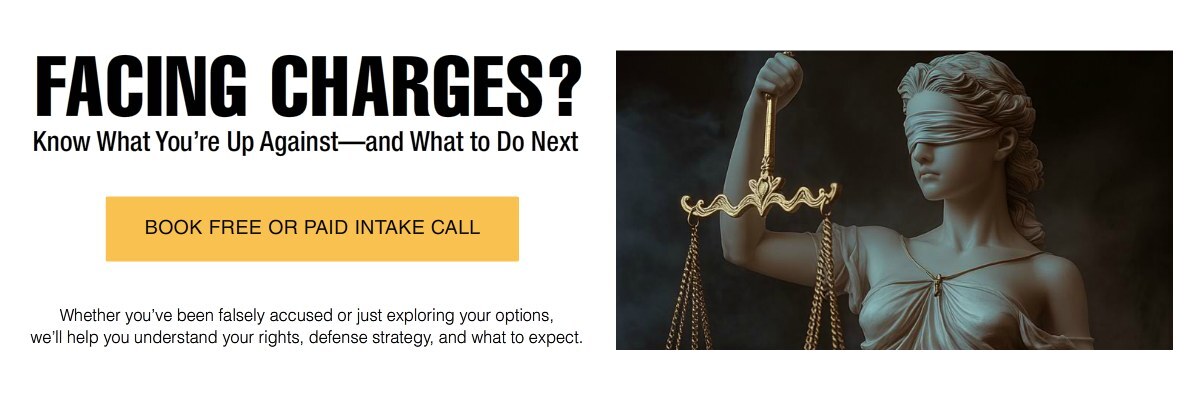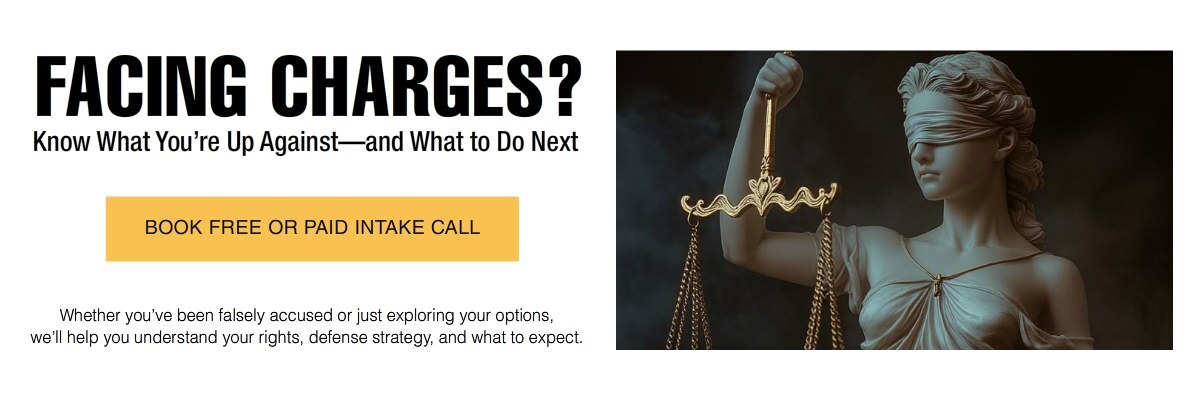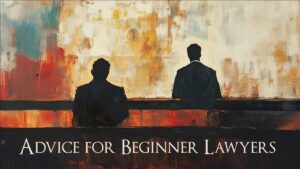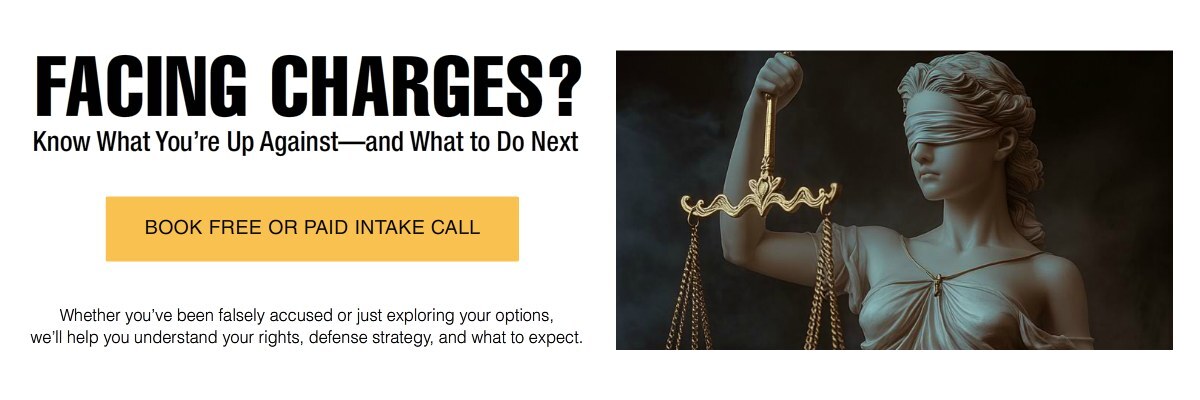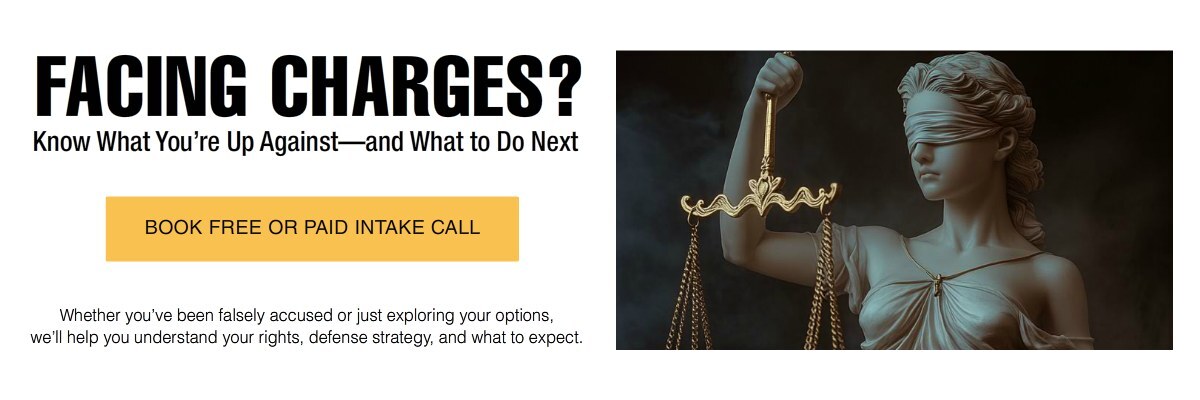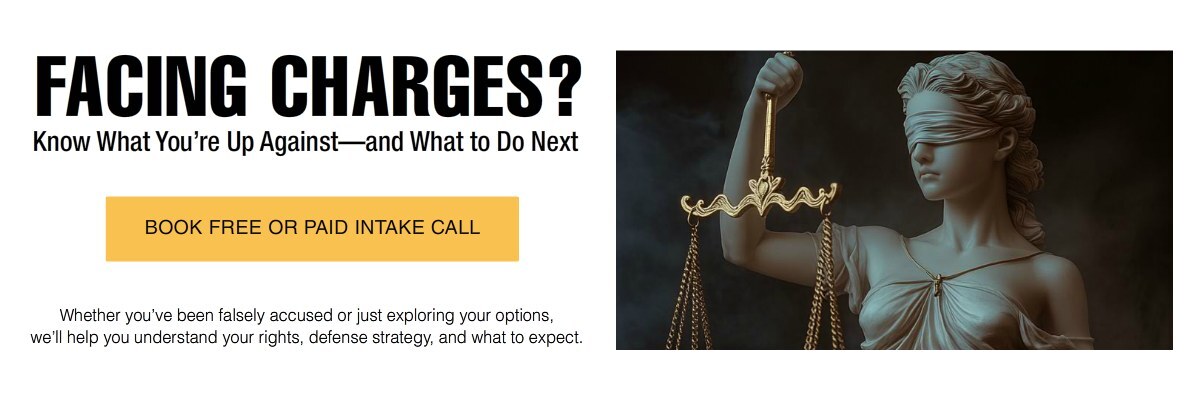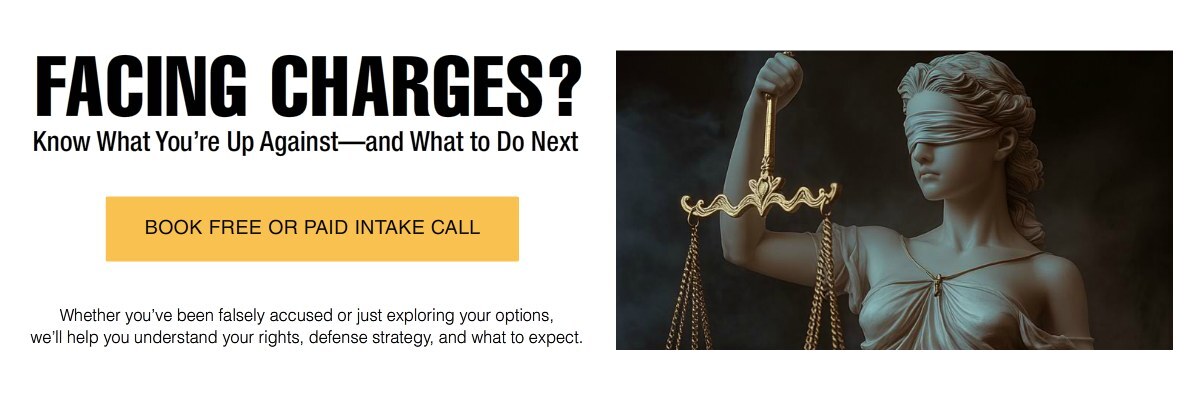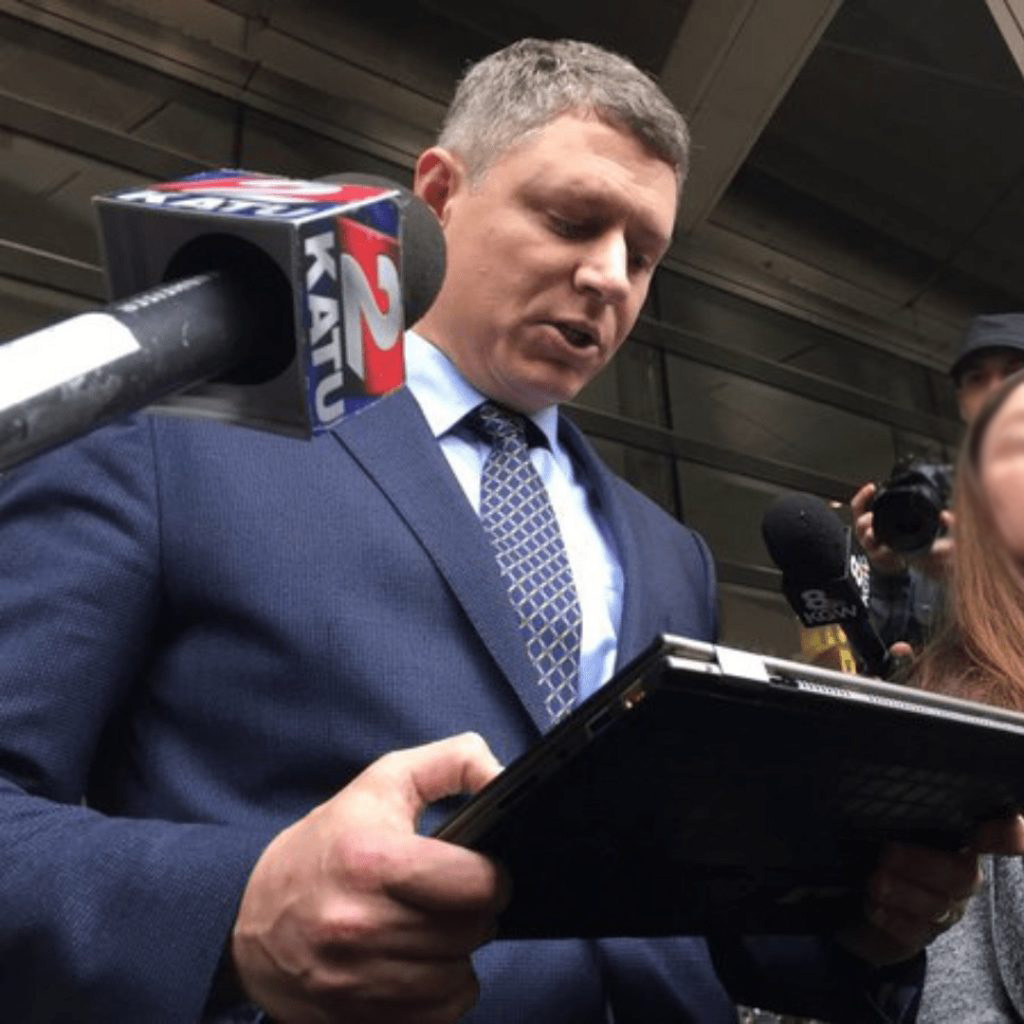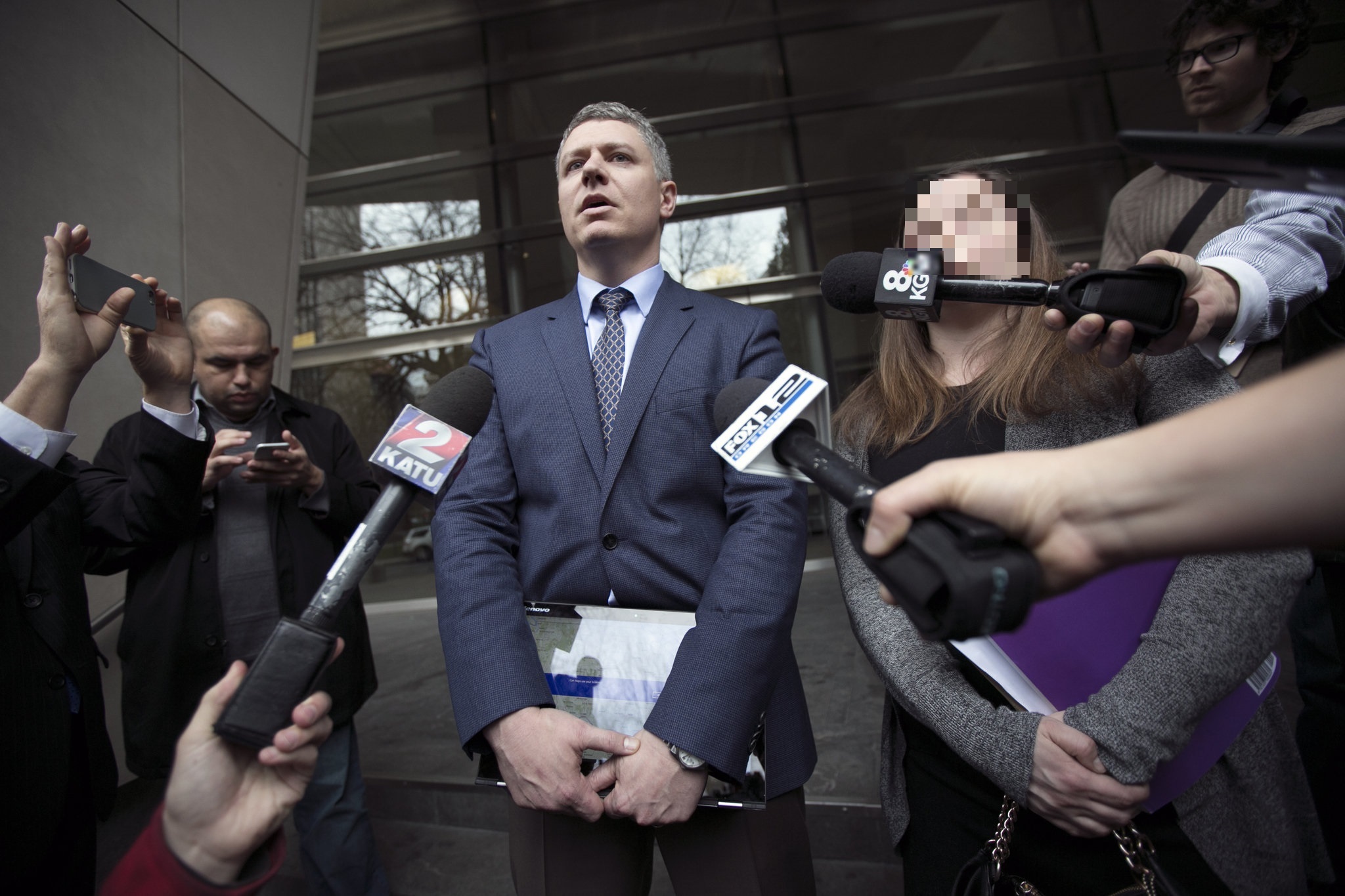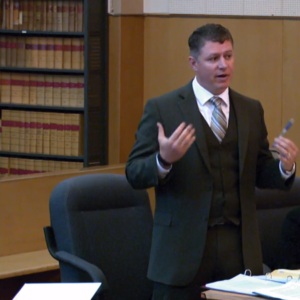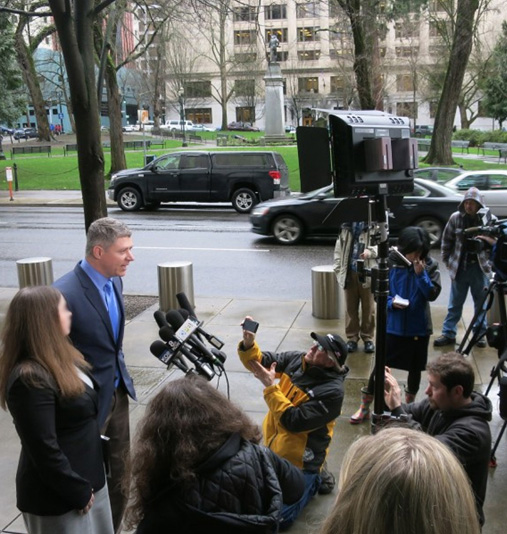If You Are Convicted of a Reckless Crime in Oregon, Does Issue Preclusion Automatically Determine the Outcome of a Related Civil Case?
Monday, February 9th, 2026One of the most common questions criminal defendants ask after a plea or conviction is straightforward:
If I plead guilty to a reckless crime, or a jury convicts me of one, does that automatically decide the outcome of any related civil lawsuit?
Under Oregon law, the answer is no. A criminal conviction can have significant civil consequences, but it does not automatically determine all issues in a later civil case. The scope of issue preclusion depends on what the criminal jury necessarily decided, the legal standards applied, and whether applying preclusion would be fair under Oregon law.
This article explains how issue preclusion operates when a criminal jury finds that a defendant acted recklessly under circumstances manifesting extreme indifference to the value of human life and how that finding affects later civil liability and defenses.
Issue Preclusion Under Oregon Law
Oregon applies a five element test for issue preclusion:
- The issue in the two proceedings is identical.
- The issue was actually litigated and essential to a final decision on the merits.
- The party sought to be precluded had a full and fair opportunity to be heard.
- The party was a party or in privity with a party to the prior proceeding.
- The prior proceeding was the type to which courts will give preclusive effect.
Nelson v. Emerald People’s Utility District, 318 Or 99, 862 P2d 1293 (1993).
Even when those elements are satisfied, Oregon courts must still consider whether applying issue preclusion would be fair under all the circumstances. State Farm Fire & Casualty Co. v. Century Home Components, Inc., 275 Or 97, 550 P2d 1185 (1976).
Issue preclusion is therefore limited to issues that were actually litigated and necessarily decided in the prior criminal proceeding. It does not extend to issues that were outside the scope of the criminal case or decided under different legal standards.
What a Jury Decides Under UCrJI 1037A
Certain Oregon crimes require the jury to find that a defendant acted recklessly under circumstances manifesting extreme indifference to the value of human life. This instruction appears in UCrJI 1037A and applies to offenses such as second degree assault under ORS 163.175(1)(c).
Oregon appellate courts have repeatedly explained the meaning of this instruction:
Extreme indifference is not a separate mental state. Instead, it describes a heightened degree of blameworthiness beyond ordinary recklessness. It reflects conduct showing that the defendant cared little about the risk of death to another human being.
State v. Boone, 294 Or 630, 661 P2d 917 (1983).
State v. Belcher, 124 Or App 30, 860 P2d 903 (1993).
State v. Downing, 276 Or App 68, 366 P3d 1171 (2016).
More recently, the Oregon Supreme Court clarified that the extreme indifference determination requires consideration of all the circumstances surrounding the conduct, including circumstances before, during, and after the resulting injury or death.
State v. Giron-Cortez, 372 Or 729, 557 P3d 505 (2024).
A jury finding under UCrJI 1037A therefore establishes not only recklessness, but recklessness at a particularly high level of culpability.
Criminal Recklessness and Civil Wanton Conduct
The Oregon Supreme Court addressed the relationship between criminal recklessness and civil wanton conduct in State v. Gutierrez-Medina, 365 Or 79, 442 P3d 183 (2019).
Gutierrez-Medina arose under a criminal restitution statute, Oregon Revised Statutes (ORS) 137.106. In analyzing whether civil comparative fault concepts could reduce restitution, the court addressed the defendant’s premise about what would happen in a hypothetical civil case and then discussed how criminal culpability classifications relate to civil fault classifications.
The court explained that criminal recklessness requires actual awareness and conscious disregard of a substantial risk. Civil wanton conduct, by contrast, may be satisfied by constructive knowledge where a reasonable person would have realized the risk.
Because criminal recklessness requires actual awareness, the court held that a conviction for a reckless assault offense necessarily establishes a degree of culpability that is at least as great as civil wanton conduct.
The court further stated that comparative fault is unavailable where the defendant’s conduct reaches the wanton level, because contributory negligence was not a defense to wanton conduct at common law.
Holding Versus Dictum in Gutierrez-Medina
A lot of the heat in civil follow on cases comes from a basic question: which parts of Gutierrez-Medina are binding holdings, and which parts are explanatory discussion that arose because the court was analyzing a criminal restitution statute.
Gutierrez-Medina’s actual decision addressed restitution under ORS 137.106. The court’s extended discussion of how Oregon Revised Statutes (ORS) 31.600 might operate in a hypothetical civil case came up in that restitution analysis. That matters because issue preclusion and later civil litigation often turn on what a court had to decide to resolve the case before it.
Here is a concrete way to understand the distinction.
Hypothetical Example One
A defendant is convicted of a reckless assault offense and ordered to pay restitution under ORS 137.106. The defendant argues that the restitution amount should be reduced using the civil comparative fault statute, ORS 31.600. The court rejects that argument and, along the way, explains that even in a hypothetical civil case the comparative fault defense would be unavailable if the defendant’s culpability is at the wanton level.
In later civil litigation, a plaintiff cites that comparative fault discussion and argues that it automatically decides the civil comparative fault issue in every case following a reckless conviction. A defendant responds that the earlier discussion occurred in the restitution context and addressed a hypothetical civil premise rather than deciding an actual ORS 31.600 question in a civil negligence action.
Under Oregon’s issue preclusion framework, the later civil court still has to ask whether the identical issue was actually litigated and essential to the earlier final decision, and whether applying preclusion would be fair under all the circumstances. Nelson v. Emerald People’s Utility District, 318 Or 99, 862 P2d 1293 (1993). State Farm Fire & Casualty Co. v. Century Home Components, Inc., 275 Or 97, 550 P2d 1185 (1976).
Hypothetical Example Two
A civil negligence case is tried to verdict in which the court is required to decide, as a dispositive civil issue, whether ORS 31.600 comparative fault is unavailable when the defendant’s conduct is wanton. The court decides that civil question under civil standards because it must resolve the civil claim.
In that second scenario, the court’s comparative fault determination is not hypothetical and is not a byproduct of a different statutory analysis. It is part of the necessary reasoning to decide the civil case.
The practical point is not that Gutierrez-Medina is irrelevant. It is that criminal restitution context, hypothetical framing, and what was necessary to the decision can matter a lot when parties argue about what a criminal conviction does and does not conclusively establish in a later civil case.
What Is Conclusively Established in a Later Civil Case
When a criminal jury finds recklessness under circumstances manifesting extreme indifference to the value of human life, certain issues are conclusively established for civil purposes:
The defendant acted with actual awareness of a substantial risk.
The defendant’s conduct reached the level of wanton culpability.
Comparative fault defenses based on the injured party’s own negligence are foreclosed.
Oregon courts have long recognized that criminal convictions can have issue preclusive effect in later civil proceedings, including convictions following guilty pleas.
State Farm Fire & Casualty Co. v. Sallak, 140 Or App 89, 914 P2d 697 (1996).
In appropriate cases, criminal convictions have also been given preclusive effect as to liability and causation, depending on what was necessarily decided in the criminal case.
Berg on behalf of Estate of Higbee v. Benton, 297 Or App 323, 443 P3d 714 (2019).
What Is Not Automatically Precluded
A criminal conviction does not automatically resolve every issue in a later civil case. Issue preclusion applies only to issues actually litigated and essential to the criminal judgment.
Third Party Fault and Allocation of Responsibility
Oregon’s comparative fault statute, ORS 31.600, requires the trier of fact to consider the fault of third parties who were not parties to the civil action. Defendants may still argue that a third party’s conduct contributed to the plaintiff’s harm, so long as that issue was not litigated and decided in the criminal proceeding.
Civil Causation Arguments
Oregon applies a unified factual causation standard in both criminal and civil law, but the Supreme Court has cautioned that civil tort principles do not always fit neatly in the criminal context.
State v. Turnidge, 359 Or 364, 374 P3d 853 (2016).
As a result, a criminal jury’s causation finding does not necessarily resolve all civil causation theories, particularly where multiple actors or intervening events are alleged.
Civil Specific Issues Not Litigated Criminally
Criminal proceedings typically focus on the defendant’s conduct and mental state. They do not ordinarily litigate civil issues such as training compliance, escalation protocols, operational standards, or allocation of responsibility among multiple actors. Where those issues were not essential to the criminal judgment, issue preclusion does not automatically bar their litigation in a civil case.
Hypothetical Example: Assault Conviction Versus Civil Negligence in a Home Setting
Consider a hypothetical scenario that illustrates why Gutierrez-Medina’s discussion of comparative fault does not automatically resolve civil negligence issues in every case following a criminal conviction, particularly where the incident occurs in a private home and involves trained third parties.
Assume a defendant is convicted of assault after firing a weapon inside his own home. The criminal jury finds that the defendant acted recklessly under circumstances manifesting extreme indifference to the value of human life. That finding resolves the criminal question before the jury: whether the state proved beyond a reasonable doubt that the defendant committed the charged assault and that no justification defense applied.
Now assume the injured plaintiff later brings a civil negligence action arising out of the same incident. In the civil case, the plaintiff alleges that the defendant negligently caused his injuries. The defendant does not dispute the criminal conviction or the jury’s recklessness finding.
However, the civil case introduces additional facts that were not necessary to decide the criminal charge. For example, the plaintiff is a law enforcement officer or similarly trained professional who approached the defendant’s residence late at night. Evidence shows that the plaintiff failed to follow established training and safety protocols governing approach, identification, announcement, and escalation avoidance when engaging at a private residence. Evidence further shows that the plaintiff did not clearly identify himself, used tactics inconsistent with training, and initiated contact in a manner that foreseeably created fear, confusion, and a heightened risk of violent reaction by an occupant inside the home.
Those facts are materially different from the drunk-driving scenario underlying Gutierrez-Medina. In a drunk-driving case, the defendant affirmatively chooses to engage in dangerous conduct on a public roadway and creates the risk that results in injury to a randomly encountered victim. The defendant goes out into the world and finds the plaintiff. By contrast, in this home-entry scenario, the plaintiff comes to the defendant’s home and initiates the encounter. The risk that a homeowner may react impulsively or even recklessly to an unidentified or improperly conducted approach is not aberrational. It is precisely the risk that training, identification, and escalation-avoidance protocols are designed to prevent.
In that civil setting, even if the defendant’s conduct is deemed wanton such that the plaintiff’s own comparative negligence may not reduce damages, that does not end the analysis. Under Oregon Revised Statutes section 31.600, the jury may still be required to consider whether the fault of third parties, including supervisors, planners, or other participants, contributed to the plaintiff’s injuries and to allocate responsibility accordingly.
The criminal jury’s recklessness finding does not decide whether the plaintiff’s failure to follow training made the defendant’s reaction reasonably foreseeable, whether that failure was a substantial contributing cause of the injury, or whether intervening acts by trained professionals altered the chain of causation under civil negligence standards. Those issues were not actually litigated or essential to the criminal judgment and arise under a different legal framework focused on foreseeability, escalation, and allocation of responsibility.
This hypothetical demonstrates why applying Gutierrez-Medina’s comparative fault discussion wholesale to civil negligence cases involving home encounters and trained third parties risks unfairly collapsing distinct legal standards and foreclosing issues that were never decided in the criminal proceeding.
Fairness Limitations on Issue Preclusion
Even where the technical elements of issue preclusion are satisfied, Oregon courts retain discretion to deny preclusion where its application would be unfair. Factors include newly discovered evidence, differences in legal standards, and the limited scope of the prior proceeding.
State Farm Fire & Casualty Co. v. Century Home Components, Inc., 275 Or 97, 550 P2d 1185 (1976).
Practical Takeaways
A conviction or guilty plea to a reckless crime involving extreme indifference in Oregon has serious civil consequences, but it is not an automatic civil loss.
Such a conviction establishes wanton level culpability and forecloses comparative fault defenses based on the plaintiff’s negligence. It does not, however, automatically assign full civil liability, eliminate third party fault allocation, or resolve every causation or responsibility issue.
The scope of issue preclusion depends on what the criminal jury necessarily decided and whether applying preclusion would be fair under Oregon law.
Disclaimer
This article is provided for general educational and informational purposes only. It is not legal advice and should not be relied upon as such. Reading this article does not create an attorney client relationship. Legal rights and remedies depend on the specific facts, procedural posture, and applicable law of each case. Anyone facing a legal issue should seek independent legal advice from qualified counsel regarding their particular situation.


























